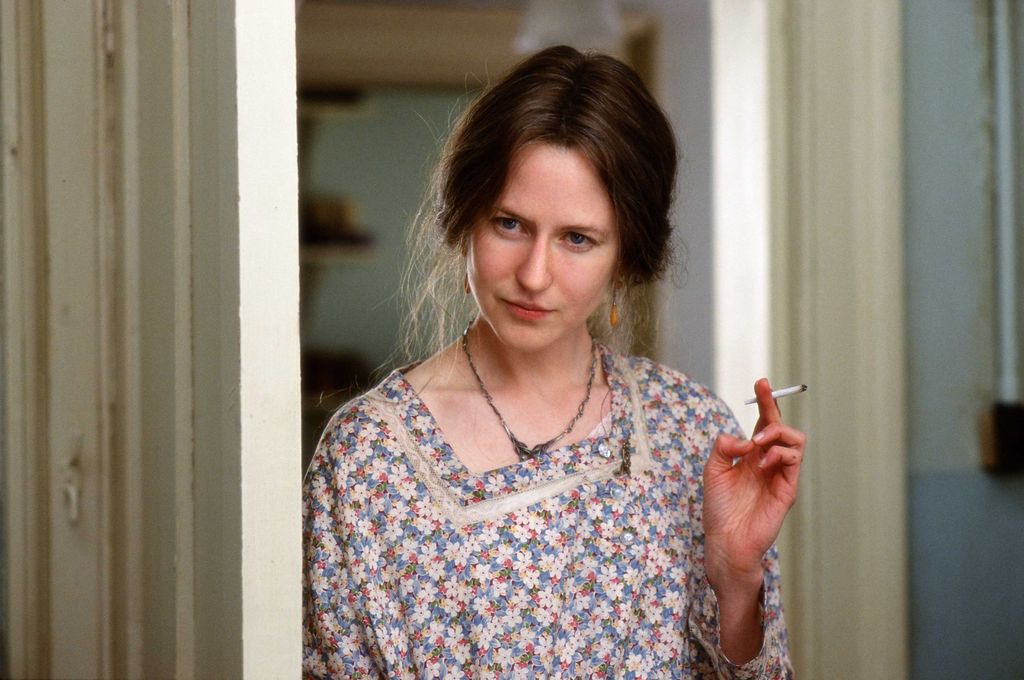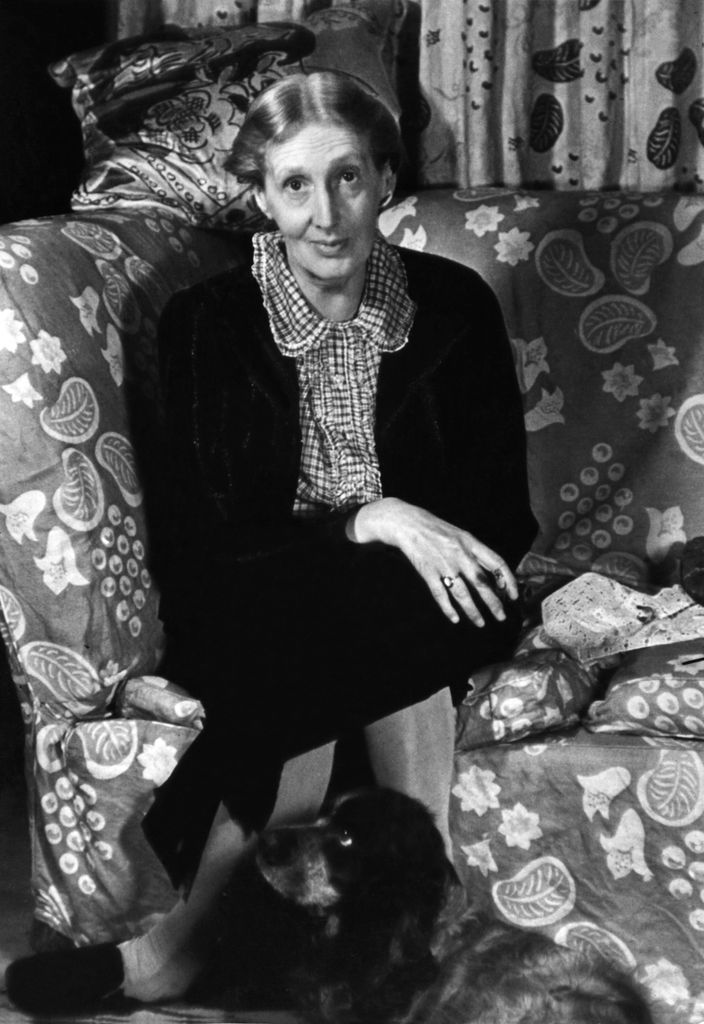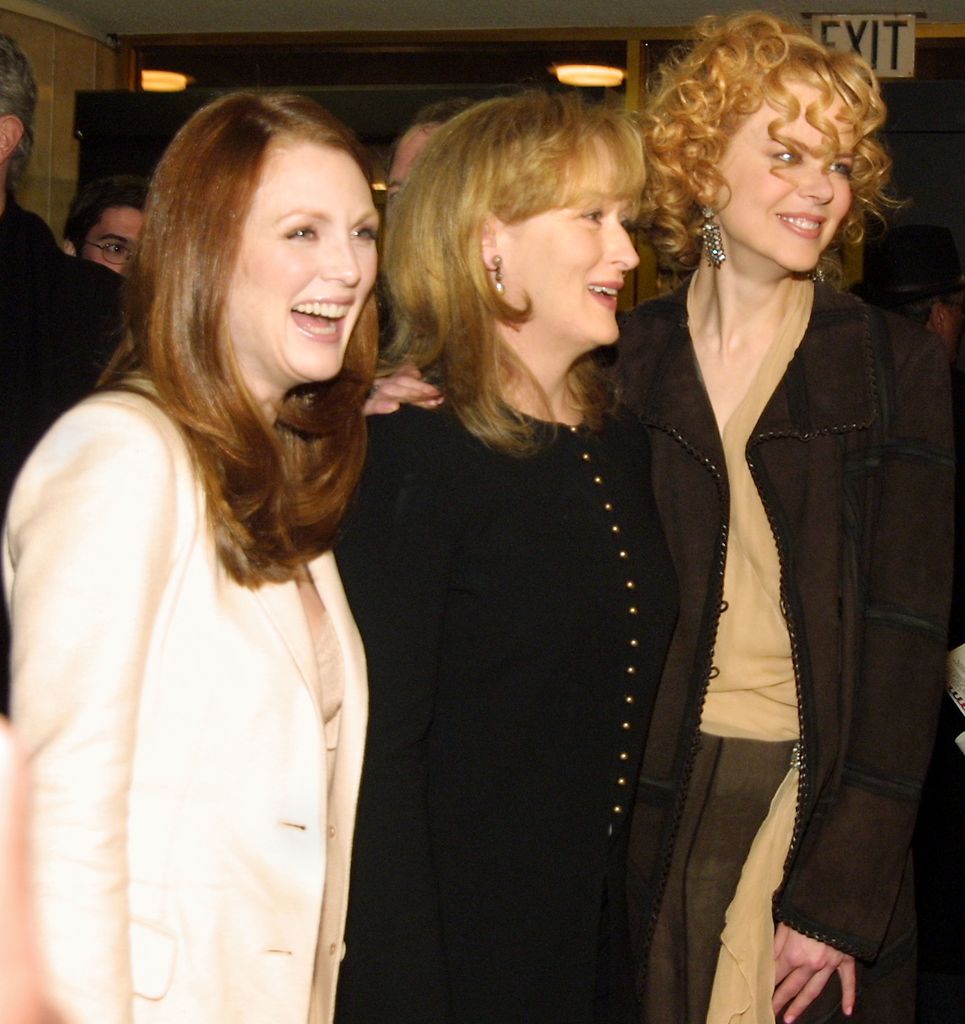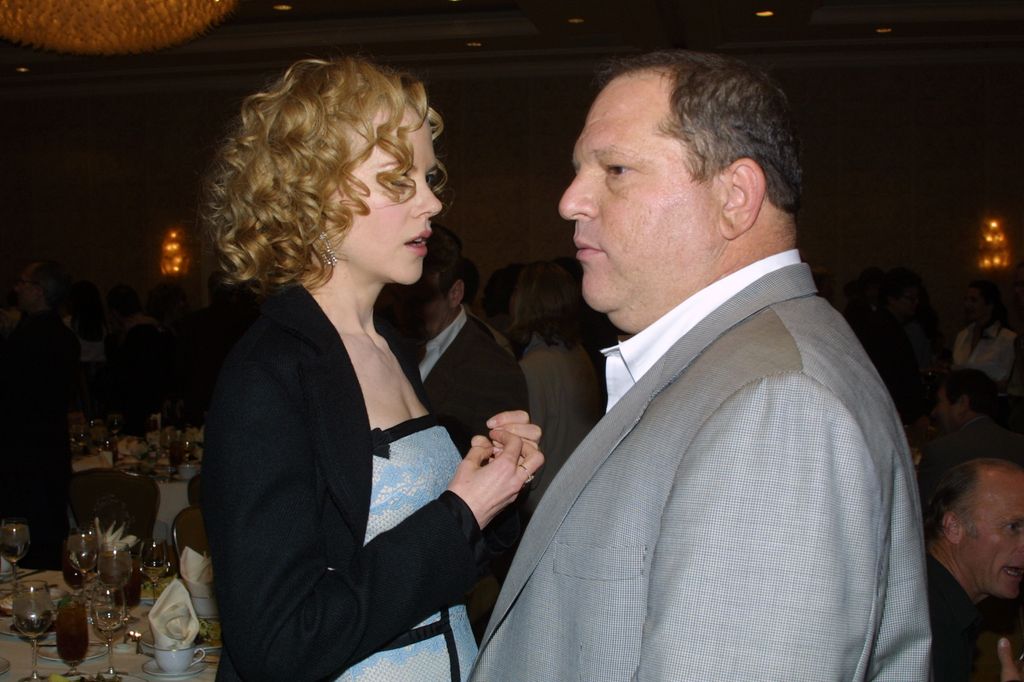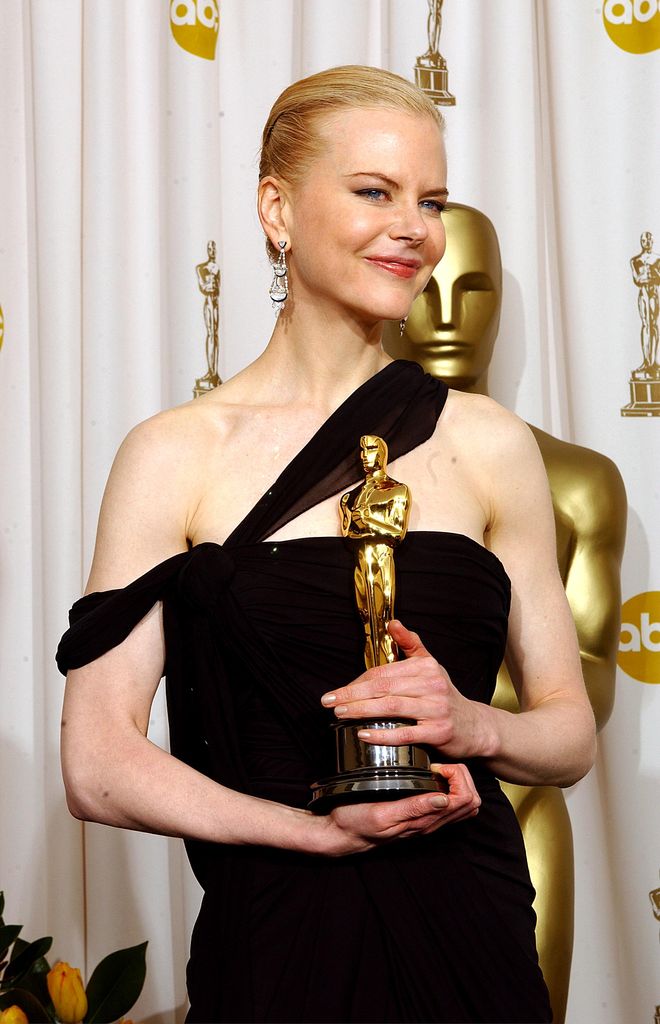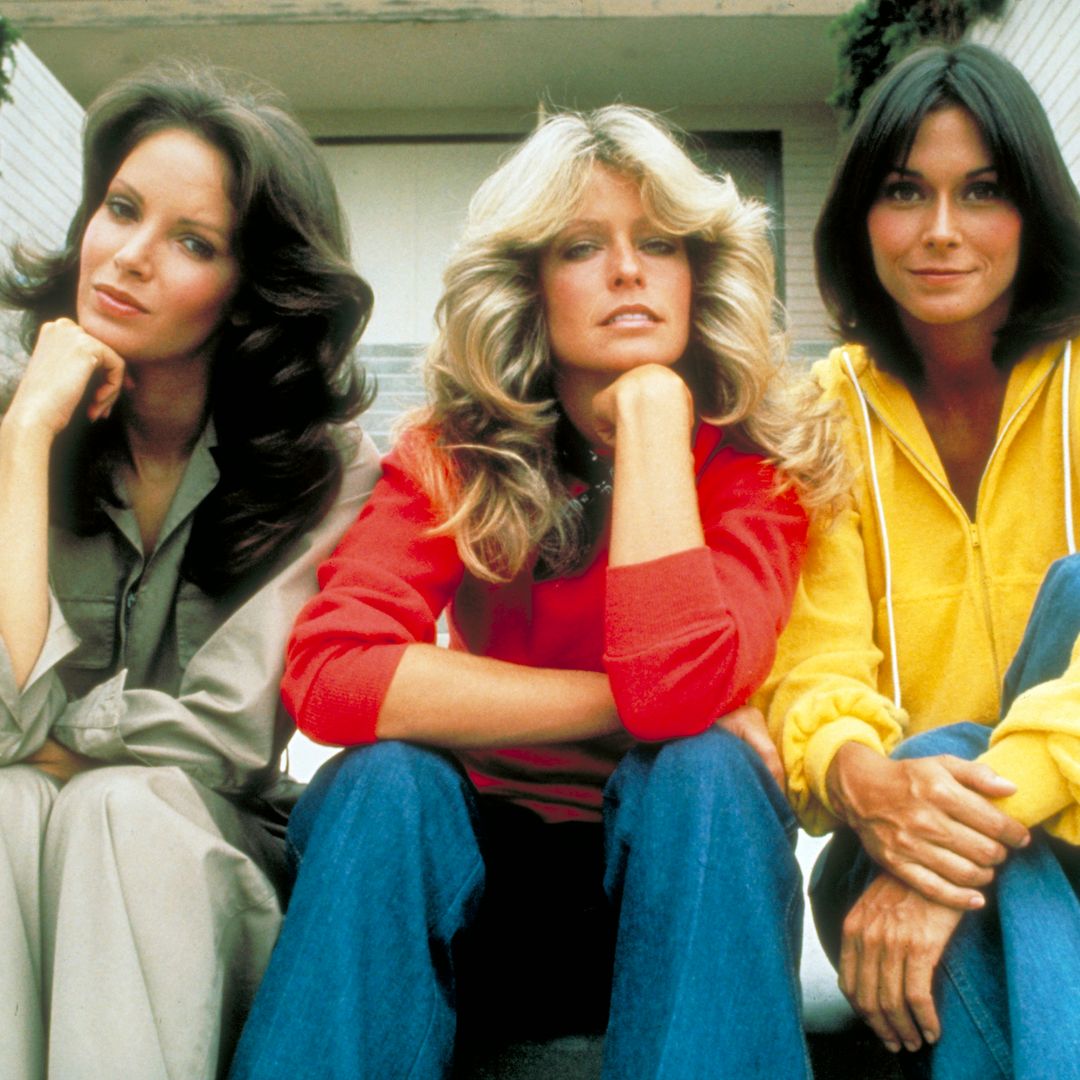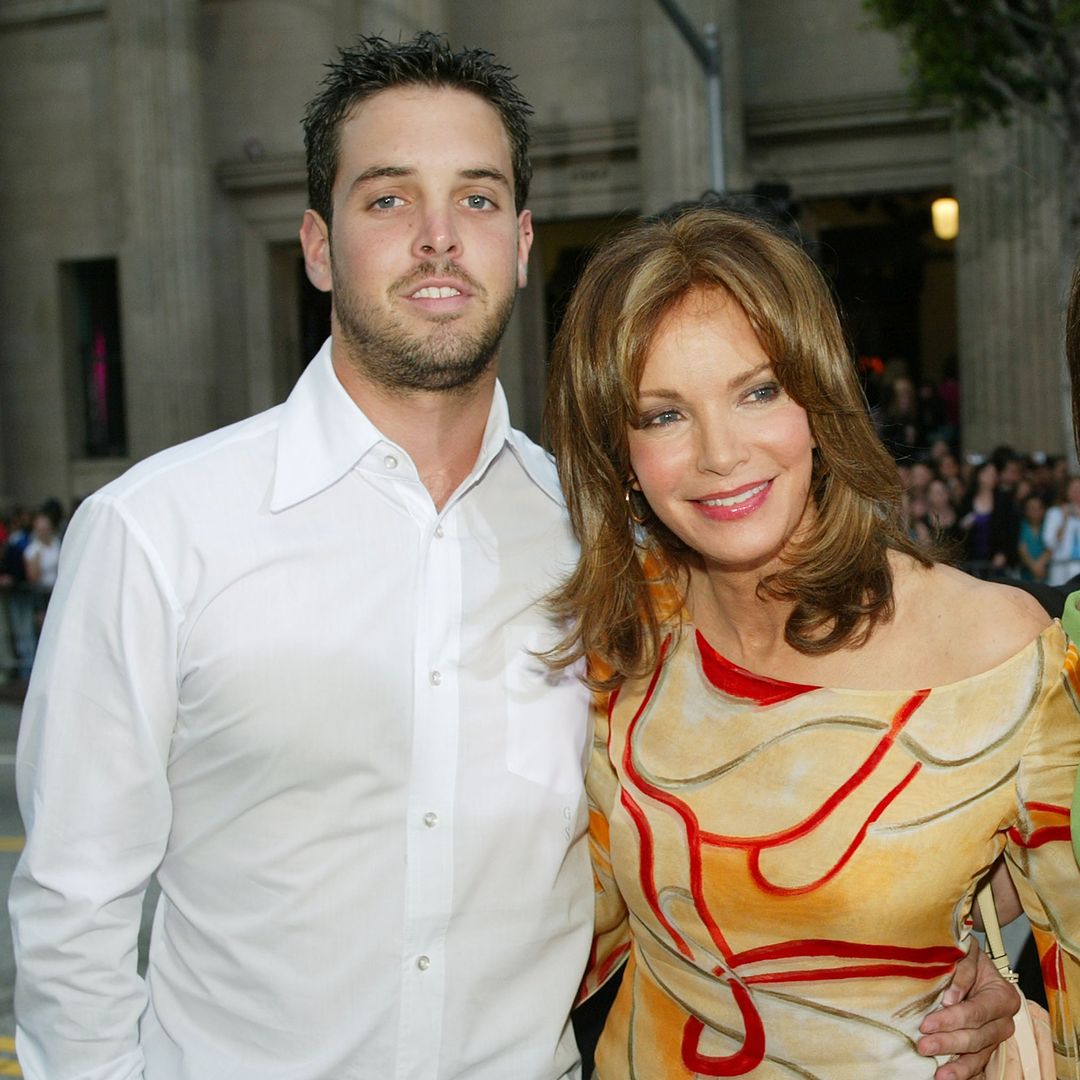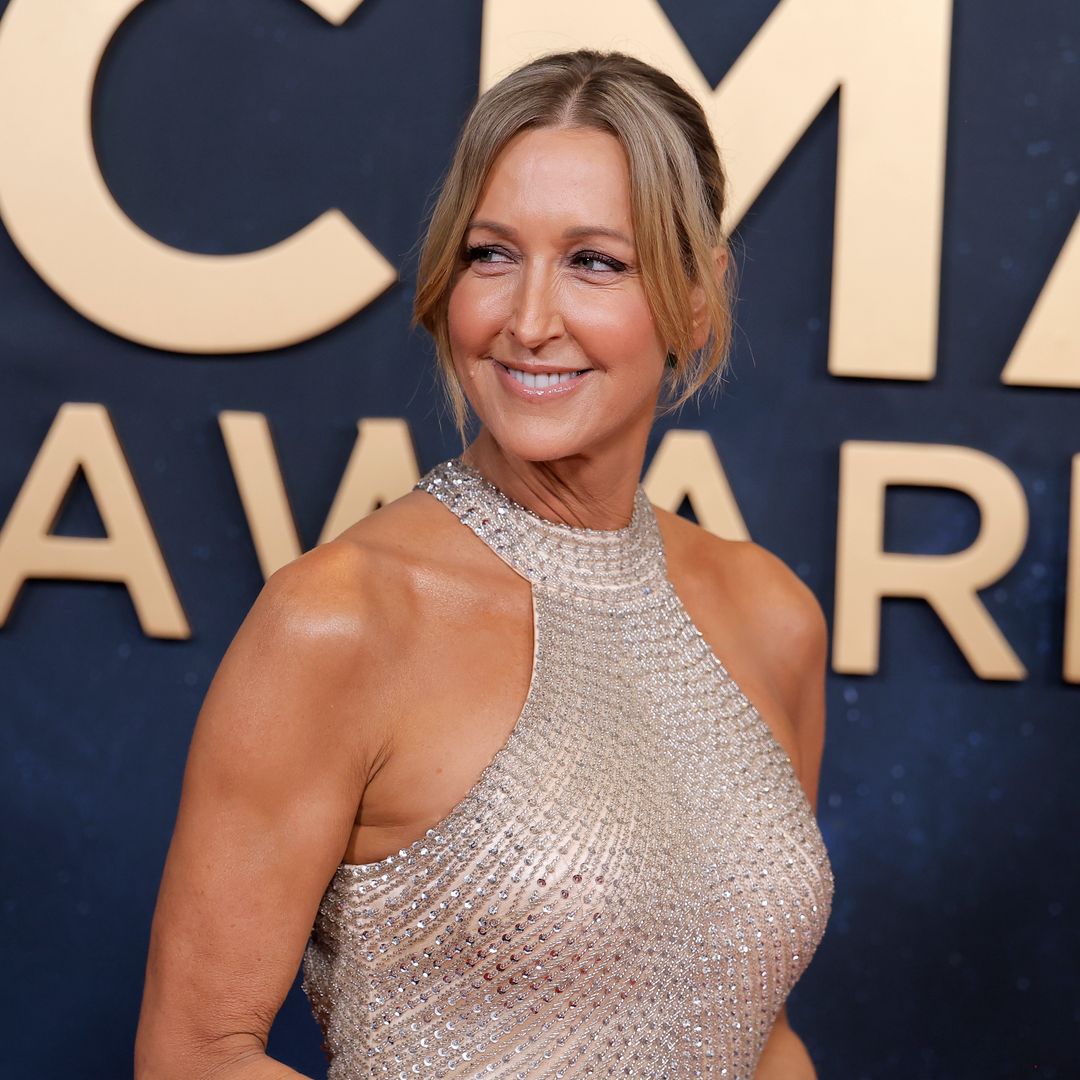Nicole Kidman has frequently been considered one of the top actors of her generation ever since she broke into the mainstream with '90s classics like Days of Thunder, Batman Forever, and To Die For.
In 2002, the now 56-year-old star received her first shot at acclaim when she was nominated for the Academy Award for Best Actress for Moulin Rouge, and just the following year, won for The Hours.
However, while much of the discourse surrounding her nomination and eventual win centered on her talent, a lot of it zeroed in on one major transformation – the nose.
The decision was costume maker Ann Roth's to provide Nicole with a prosthetic nose to not only transform her into English author Virginia Woolf for the 2002 Stephen Daldry film, but to conduct a de-glamming of sorts.
At the time, the process of a traditionally beautiful actress "de-glamming" was a major trend that permeated the Hollywood machine and Oscar races, from Charlize Theron in Monster to Hilary Swank in Boys Don't Cry.
In an interview in June with The New York Times, Ann stated of the prosthetic piece: "I made her a nose with a nose maker in England, and it took hours every morning for them to get the damn thing on."
The decision to change her appearance in a way that was seen as "unnatural" was met with criticism behind the scenes, with Michael Cunningham, the author of the novel on which the film was based, telling Vanity Fair: "Pretty much everyone was nervous about the nose – the idea of sabotaging Nicole's beauty."
One of its biggest critics was disgraced producer Harvey Weinstein, who helped finance the film through Miramax. Oscar-winning costume designer Ann told the Times that she recalled Harvey snapping: "I paid a million dollars for that girl, and no one knows who she is."
When the film was first released, critics and audiences were divided by the prosthetic choice as well. In a review for TIME, Richard Schickel wrote of the movie: "Watching The Hours, one finds oneself focusing excessively on the unfortunate prosthetic nose Kidman effects in order to look more like the novelist."
Nicole, for her part, was visibly uncomfortable with discussing the topic in the press, once telling Oprah Winfrey during a promotional interview: "I hate talking about the nose."
However, many saw the appearance change as a dual internal and external transformation that solidified Nicole's place as a top-tier actor, one who was already on the rise thanks to Moulin Rouge and The Others, also from 2001.
A.O. Scott wrote for The New York Times at the time: "Ms. Kidman's physical transformation into Virginia Woolf seemed so impressive – and was so extravagantly praised – in part because it seemed so unlikely, because she had not struck anyone, until then, as the kind of actress who could disappear so completely on screen."
The narrative was there for Nicole to take home the big prize come March 23, 2003 at the 75th Academy Awards, up against Salma Hayek in Frida, Renée Zellweger in Chicago, Diane Lane in Unfaithful, and The Hours co-star Julianne Moore in Far from Heaven.
While Salma and Renée were also (in retrospect, unfortunately) part of the Miramax machine that Oscar season, all attention was on Nicole, particularly on the buzz about whether her controversial appearance change would bear fruit.
Sure enough, when Denzel Washington read out the results, he joked: "By a nose, Nicole Kidman!" Since then, Nicole has been nominated at the Oscars three more times, all without "the nose." And the rest remains prosthetic movie magic!

